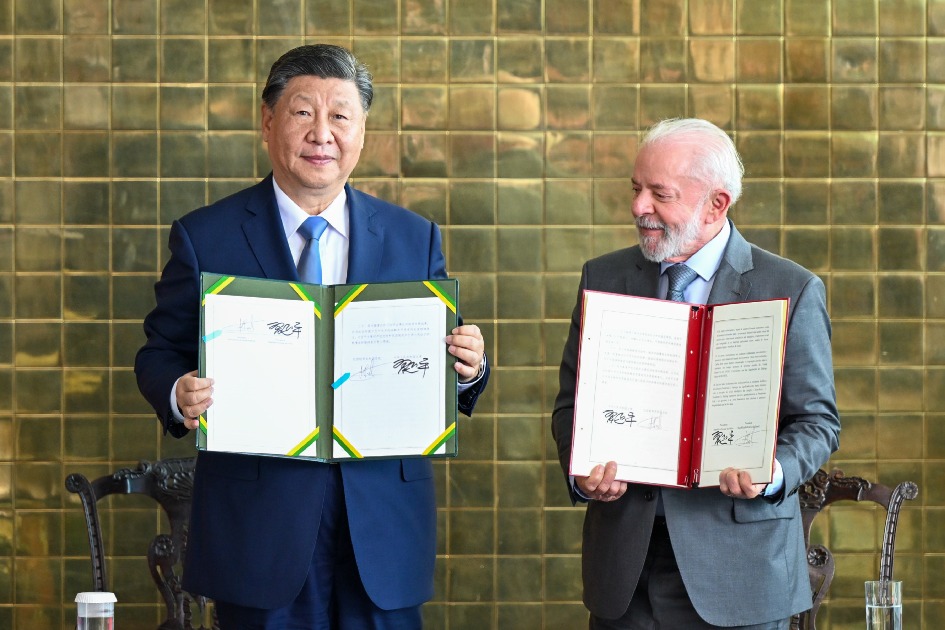Innovative teamwork links tech with agriculture
By ZHAO RUIXUE | chinadaily.com.cn | Updated: 2024-11-22 20:22

In the processing workshop of the Mingjiaxing cooperative in Heze, Shandong province, 20 workers peel mushrooms and leave piles of discarded roots and other waste material at their feet. Recently, new efforts are being made to make the waste profitable.
"We process more than 5,000 kilograms of mushrooms a day," said Ma Huabin, head of the cooperative and a deputy to the National People's Congress. "The discarded material weighs 2,500 kg, which is a significant amount. I know these byproducts have high value, but until now we have lacked the technology to use them effectively."
Solutions are emerging. The city's Dingtao district, where the Mingjiaxing cooperative is located, is developing a model that focuses on integrating the advantages of enterprises and farm cooperatives with technology research and development institutions. They might be called working laboratories.
The idea has led to the creation of facilities that serve as bridges between universities and agricultural bases or enterprises. They intend to translate scientific research into practical benefits for rural development.
Mingjiaxing partners with agricultural experts from Shandong Academy of Agricultural Sciences and Heze University, opening new opportunities for the mushroom industry.
"In processing the mushroom roots — drying, grinding and steaming them — we found that they contain the carbohydrate polysaccharide. Moving forward, the university will strengthen cooperation with Mingjiaxing to put the roots to good use and help farmers increase their incomes," said Xu Qian, a professor at the university.
The processed roots may have potential as a health food supplement for humans, but research is just beginning.
So far, Dingtao district has established seven working laboratories. Agreements have been made between four local enterprises and higher education institutions, including Shandong Agricultural University and Shandong University of Technology.
Through the working laboratories, patents held by the schools have been applied to drive local development and empower the district's unique industries. To date, 19 patents have been put to use by four enterprises.
Han Xiujuan contributed to the story.
























